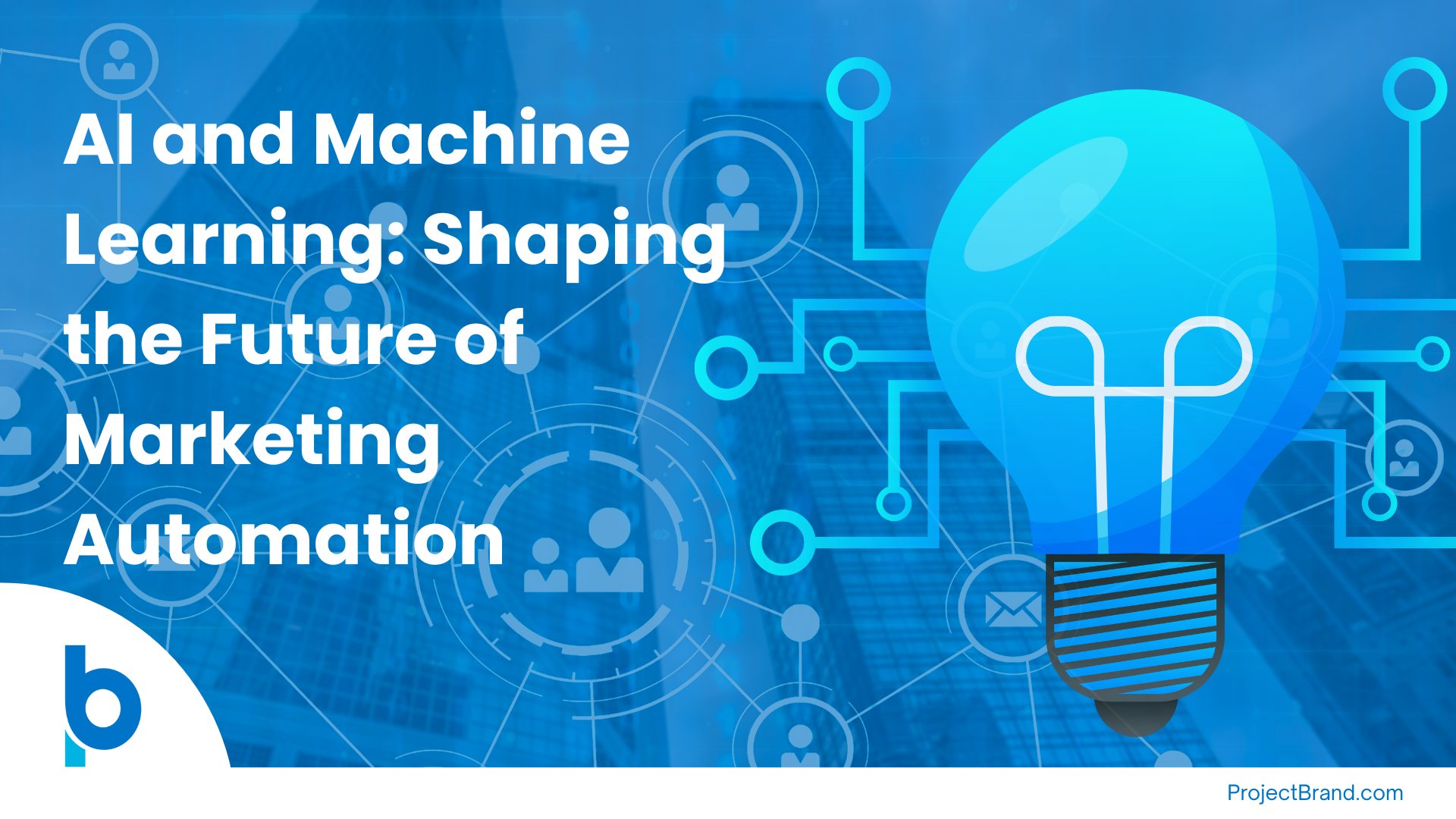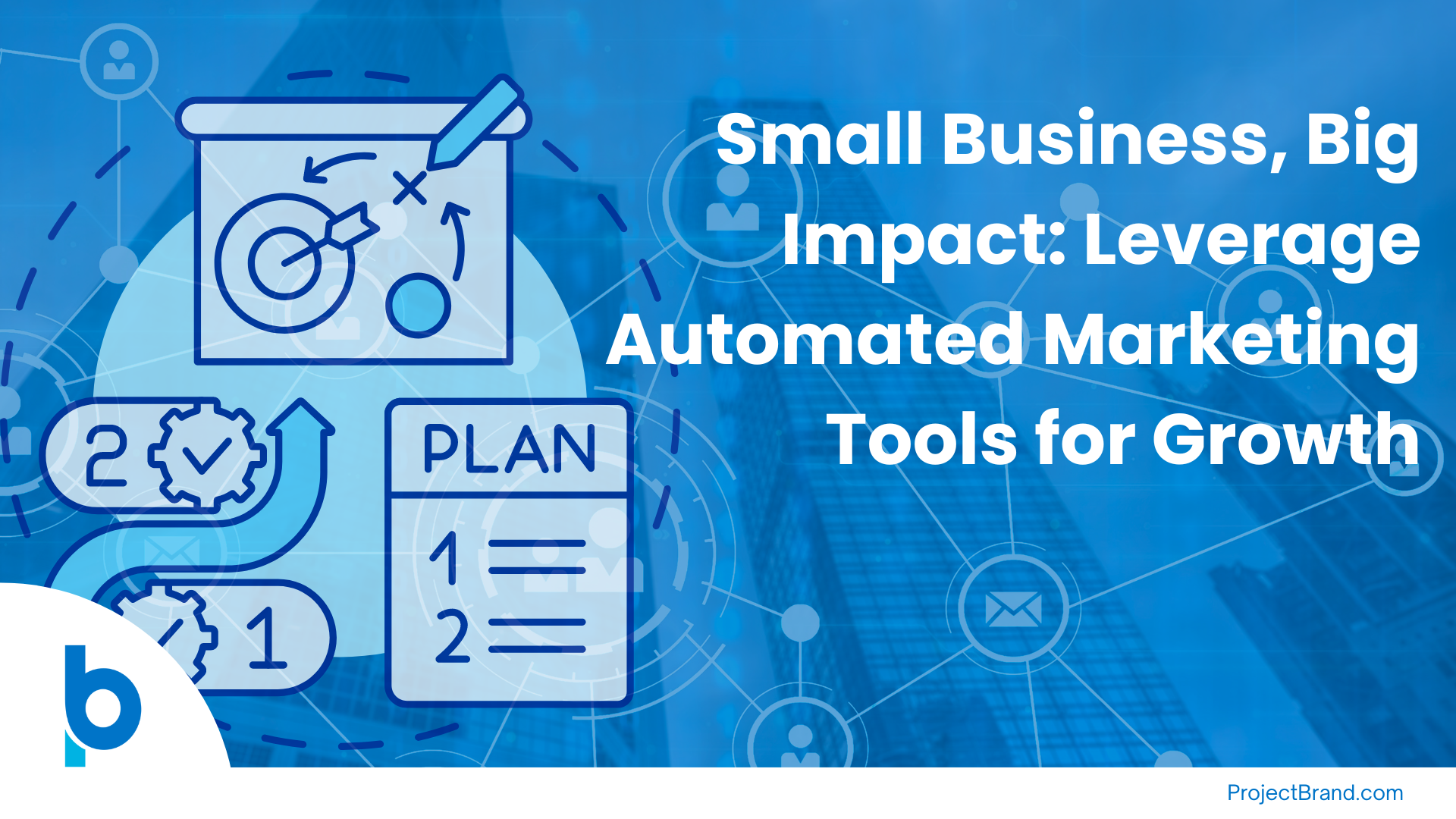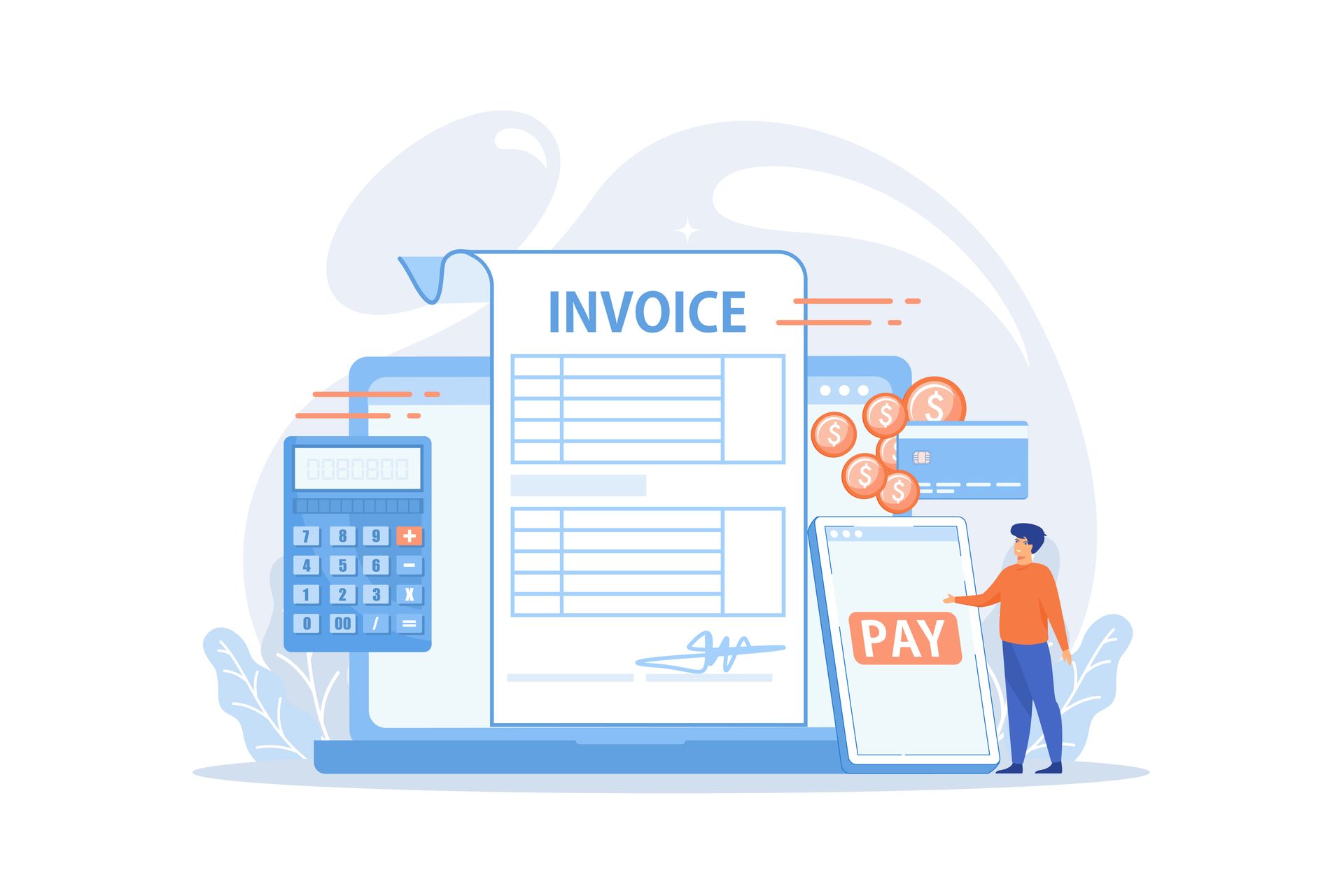Receive our Newsletter
CRM for Marketing: Enhancing Customer Relationships and Driving Marketing Success
“CRM is your GPS to a better route on your Business Development journey.” ― Bobby Darnell
In today's competitive business landscape, effective marketing is essential for success. Businesses must understand their audience and create personalized campaigns to stand out and engage customers. This is where Customer Relationship Management (CRM) comes into play.
CRM is a powerful tool that helps businesses gather, organize, and analyze customer data, enabling them to build stronger relationships and drive marketing success.
In this blog post, we will explore the concept of CRM for marketing and its significance in modern marketing strategies.
Understanding CRM for Marketing
CRM, short for Customer Relationship Management, refers to managing interactions with existing and potential customers throughout the sales journey.
In marketing, CRM uses data to build, improve, and manage customer relationships. CRM software or technology serves as a centralized hub for customer data, allowing businesses to collect and manage information about their customers. This data includes contact information, purchase history, engagement with marketing campaigns, and more.
CRM's primary marketing goal is to create personalized and targeted campaigns that resonate with customers. By understanding their preferences, behaviors, and needs, businesses can tailor their marketing efforts to deliver the right message to the right audience at the right time.
CRM software plays a crucial role in this process by providing insights into customer data and enabling businesses to segment their audience effectively.
Benefits of CRM in Marketing
Implementing CRM software for marketing offers numerous benefits for businesses.
Let's explore some of the key advantages:
- Improved Customer Segmentation: CRM software allows businesses to segment their audience based on various criteria, such as demographics, behavior, and past interactions. This segmentation enables marketers to create highly targeted campaigns that resonate with specific customer groups, resulting in higher engagement and conversion rates.
- Lead Nurturing: CRM software helps businesses nurture leads by automating personalized communication based on customer interactions and preferences. By tracking and analyzing customer behavior, companies can deliver relevant content and offers, guiding leaders through the sales funnel and increasing the likelihood of conversion.
- Customer Retention: CRM software helps businesses build stronger relationships with existing customers. Companies can identify opportunities to upsell, cross-sell, and provide personalized support by analyzing customer data and tracking interactions. This customized approach enhances customer satisfaction and loyalty, increasing retention rates.
- Data-Driven Decision Making: CRM software provides valuable insights and analytics that help businesses make data-driven marketing decisions. By analyzing customer data, companies can identify trends, preferences, and areas for improvement, enabling them to optimize marketing strategies and campaigns for better results.
Choosing the Right CRM Software
Selecting the appropriate CRM software is crucial for successful implementation in marketing.
Consider the following factors when evaluating CRM tools for your business:
- Scalability: Choose a CRM software that can scale with your business as it grows. Ensure that the software can handle increased data volume and accommodate future needs.
- Integration Capabilities: Look for CRM software that seamlessly integrates with your existing marketing channels and tools. This integration allows for a unified view of customer data, streamlining your marketing efforts.
- Pricing: Evaluate the pricing structure of CRM software and consider your budget. Look for software that offers flexible pricing options and provides value for your investment.
- User-Friendliness: Consider the usability and user interface of the CRM software. It should be intuitive and easy to navigate, allowing your team to adopt and utilize it effectively.
Integrating CRM with Marketing Efforts
Integrating CRM software with various marketing channels is crucial for maximizing its benefits. Here are some ways to integrate CRM with your marketing efforts:
- Email Marketing: Use CRM data to personalize email campaigns and automate targeted email sequences. By segmenting your audience based on CRM data, you can deliver relevant content and offers to specific customer groups, increasing engagement and conversions.
- Social Media Marketing: Integrate CRM software with social media platforms to track customer interactions and gather valuable data. This data can be used to create targeted social media campaigns and engage with customers effectively.
- Website Personalization: Use CRM data to personalize website content and experiences. Businesses can increase engagement and conversion rates by tailoring the website experience based on customer preferences and behavior.
- Lead Generation and Conversion Tracking: CRM software can help businesses track leads and monitor their journey through the sales funnel. Companies can optimize their marketing efforts and improve ROI by integrating CRM with lead generation tools and tracking conversions.
Creating Targeted Marketing Campaigns with CRM
CRM data is a powerful tool for creating highly targeted marketing campaigns.
Here's how you can leverage CRM data to drive success:
- Audience Segmentation: Use CRM data to segment your audience based on demographics, behavior, and past interactions. This segmentation allows you to deliver personalized messages and offers that resonate with specific customer groups.
- Personalization and A/B Testing: Tailor your marketing messages and content based on CRM data to create a personalized experience for your audience. Experiment with variations and A/B tests to optimize your campaigns for better results.
- Optimization and Analysis: Continuously analyze CRM data to identify trends, preferences, and areas for improvement. Use this information to optimize your campaigns, refine your targeting, and maximize your marketing efforts.
CRM and Content Marketing
CRM software plays a crucial role in supporting content marketing strategies. Here's how CRM enhances content marketing efforts:
- Personalization: Use CRM data to personalize content for your audience. By understanding their preferences and behavior, businesses can create customized content that resonates with customers and drives engagement.
- Audience Engagement: CRM data provides insights into customer behavior and interactions. This information helps businesses understand which types of content are most engaging and allows for data-driven content strategies.
- Performance Tracking: CRM software enables businesses to track the performance of their content marketing efforts. By analyzing CRM analytics, companies can measure the effectiveness of their content and make data-driven decisions to optimize future campaigns.
Measuring CRM Marketing Success
Measuring the success of CRM-driven marketing efforts is essential for evaluating ROI and making data-driven decisions.
Here are some key metrics to consider:
- Conversion Rates: Track the percentage of leads that convert into customers. By comparing conversion rates across different campaigns and segments, businesses can identify areas for improvement and optimize their marketing strategies.
- Customer Lifetime Value (CLV): Measure the value of a customer over their entire relationship with your business. CLV helps firms understand the long-term impact of their marketing efforts and identify high-value customers.
- Customer Retention Rate: Calculate the percentage of customers who continue to do business with your company over time. A high customer retention rate indicates successful relationship management and effective marketing strategies.
- Return on Investment (ROI): Evaluate the financial impact of your CRM-driven marketing campaigns. Compare the cost of your marketing efforts to the revenue generated to determine the ROI and optimize future investments.
Future Trends in CRM for Marketing
CRM for marketing constantly evolves, driven by technological advancements and changing customer expectations.
Here are some emerging trends and innovations to watch:
- AI and Automation: Artificial intelligence and automation transform CRM capabilities, enabling businesses to automate repetitive tasks, enhance personalization, and improve customer experiences.
- Predictive Analytics: Predictive analytics leverages CRM data to forecast customer behavior, enabling businesses to anticipate customer needs and personalize their marketing efforts accordingly.
- Data Privacy Considerations: As data privacy regulations evolve, businesses must prioritize data security and compliance when implementing CRM solutions. CRM software should provide robust data protection measures and facilitate compliance with privacy regulations.
Stay updated with evolving CRM technologies to leverage the latest innovations and stay ahead of the competition.
Conclusion
CRM for marketing plays a vital role in modern marketing strategies, helping businesses build stronger customer relationships and drive marketing success.
Companies can gather and analyze customer data by leveraging CRM software to create personalized and targeted campaigns, improve lead nurturing, and enhance customer retention.
Choosing the right CRM software, integrating it with marketing channels, and measuring success are key steps to harnessing the benefits of CRM for marketing. Checkout or CRM+ and get started with the amazing benefits from email marketing to lead generation. Learn more here.
Stay informed about emerging trends and innovations to optimize your CRM-driven marketing efforts and achieve long-term success.

Important links
Legal Stuff

Receive our newsletter
Thank you.
You'll receive great news from us.
Oops, there was an error sending your message.
Please try again later









